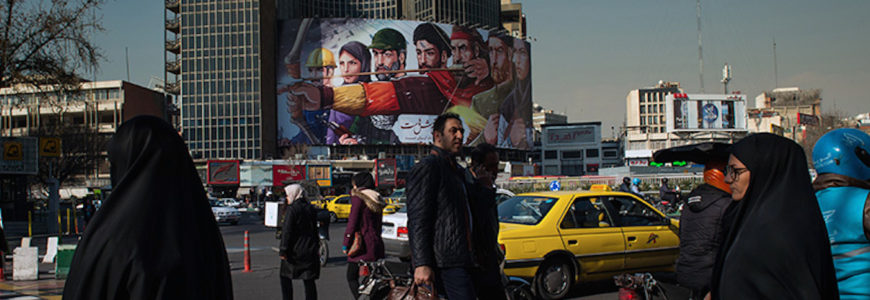
The standoff between the Trump administration and Iran is escalating, and Europe is caught in the middle. The U.S. is exerting pressure through renewed economic sanctions, and hardliners in Tehran are issuing fiery threats of retaliation.
Brussels and national governments in the U.K., France and Germany, meanwhile, have been criticized by both sides for promising to preserve trade with Iran while also treading softly with the Americans to avoid a full-blown diplomatic crisis. Europeans “speak eloquently”, Iran’s foreign minister Mohammad Javad Zarif said in February. “They also need to walk the walk.”
But it would be wrong to dismiss Europe’s efforts as hopeless.
A big source of contention for both Washington and Tehran is INSTEX, a special-purpose vehicle unveiled by Paris, Berlin and London in January. Its ultimate ambitions are bold: To keep trade between Iran and Europe going without relying on cross-border financial transactions (which might fall foul of the U.S.). While not explicitly a sanctions-busting vehicle, it was clearly designed with President Trump in mind. It was his re-imposition of the U.S. trade ban that led to Iranian banks being cut off from the SWIFT banking network, and to international businesses scrapping their investment plans in the Islamic Republic.

